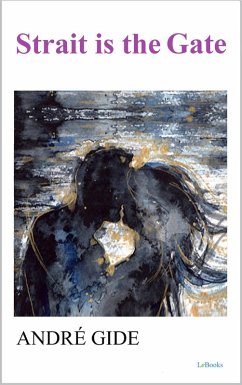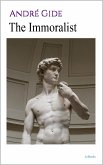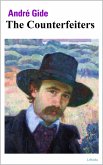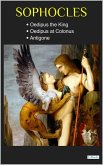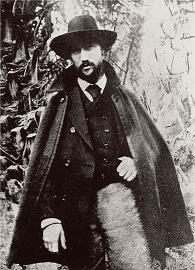Strait is the Gate by André Gide is a profound reflection on love, sacrifice, and the quest for spiritual perfection. Published in 1909, this work focuses on the characters Alissa and Jérôme, who share mutual affection from childhood, but whose love is marked by renunciation and suffering. Through this story, Gide explores themes such as emotional repression, the conflicts between desire and morality, and the ways in which religious or philosophical ideals can shape, and sometimes distort, human relationships. The title, Strait is the Gate, references the biblical phrase about the narrow path to salvation, serving as a metaphor for the constant sacrifice Alissa believes is necessary to achieve spiritual transcendence, even if it distances her from earthly happiness. Since its publication, Strait is the Gatehas been valued for its introspective approach and its ability to depict the tensions between body and spirit. The novel invites the reader to reflect on the limits of sacrifice and the true nature of love, posing universal questions about the meaning of renunciation and the purpose of life.
Dieser Download kann aus rechtlichen Gründen nur mit Rechnungsadresse in A, B, BG, CY, CZ, D, DK, EW, E, FIN, F, GR, H, IRL, I, LT, L, LR, M, NL, PL, P, R, S, SLO, SK ausgeliefert werden.

